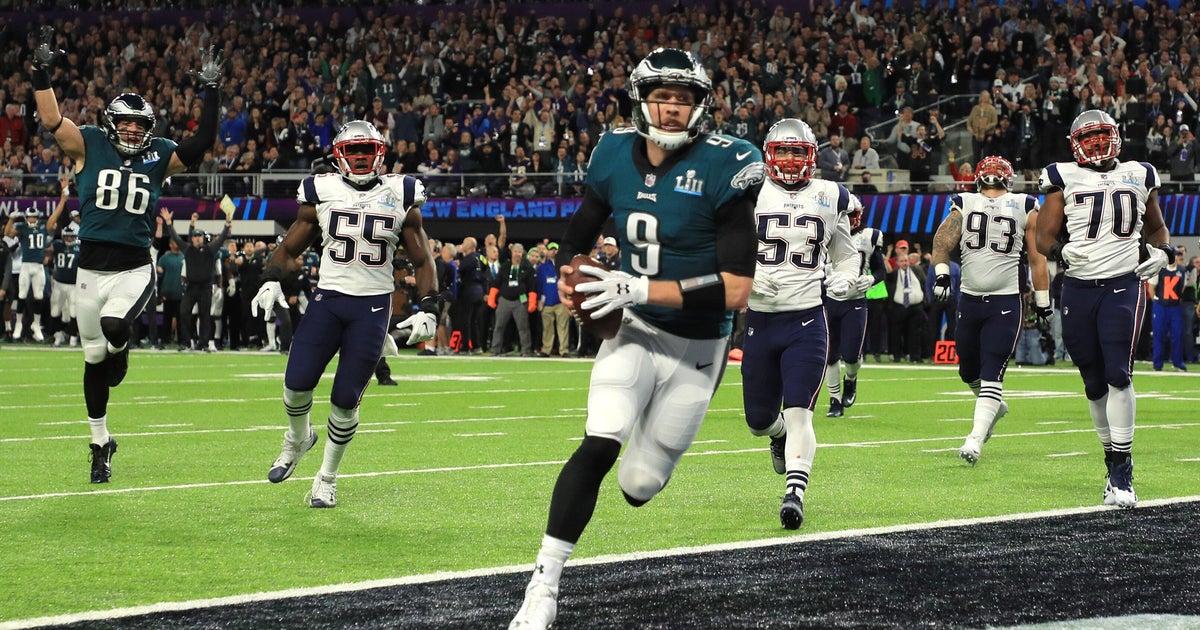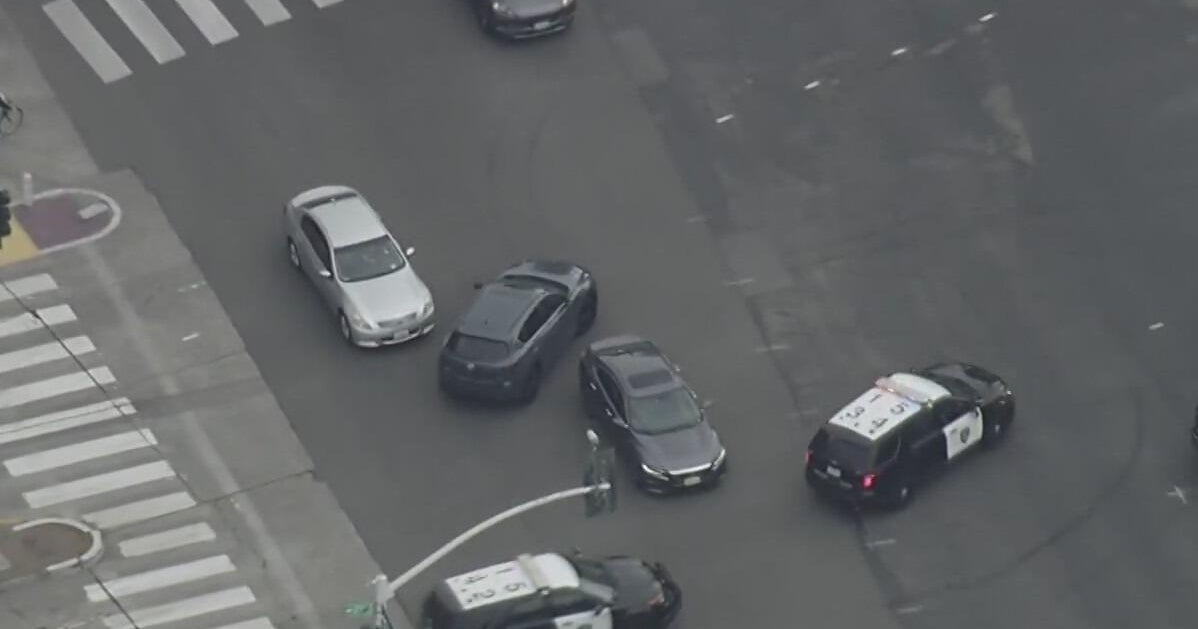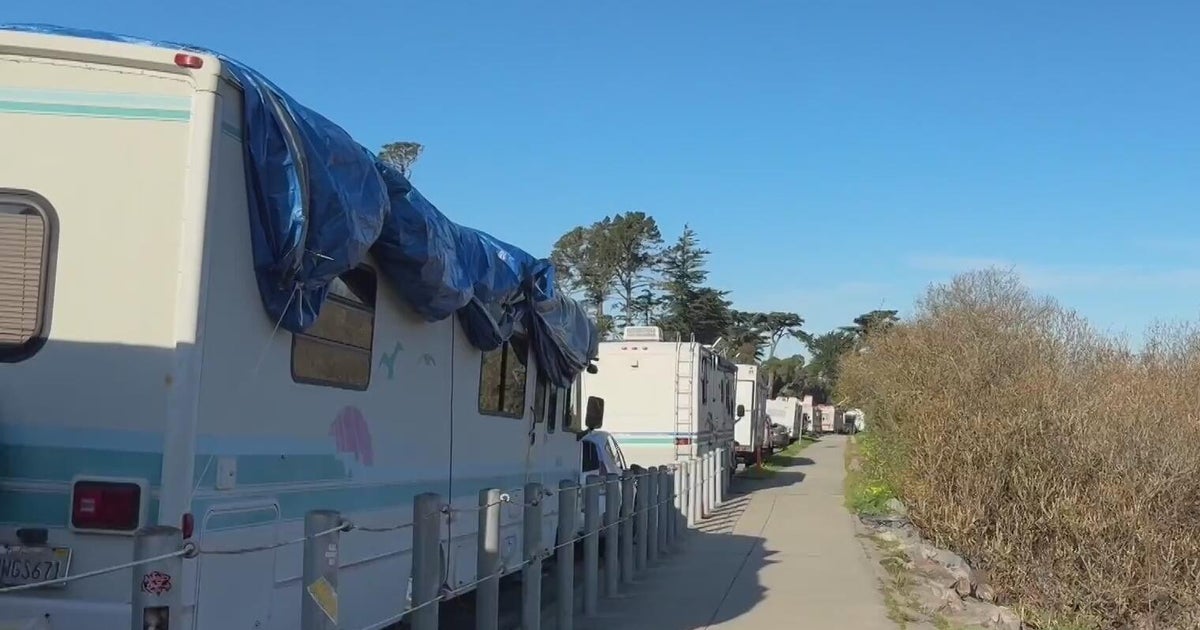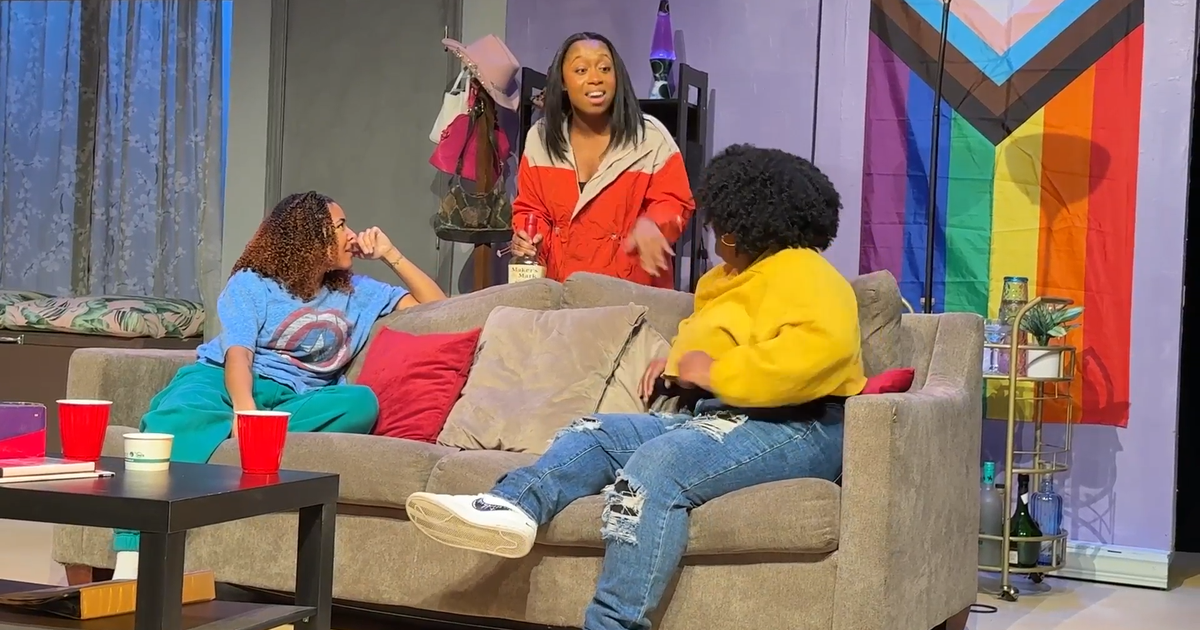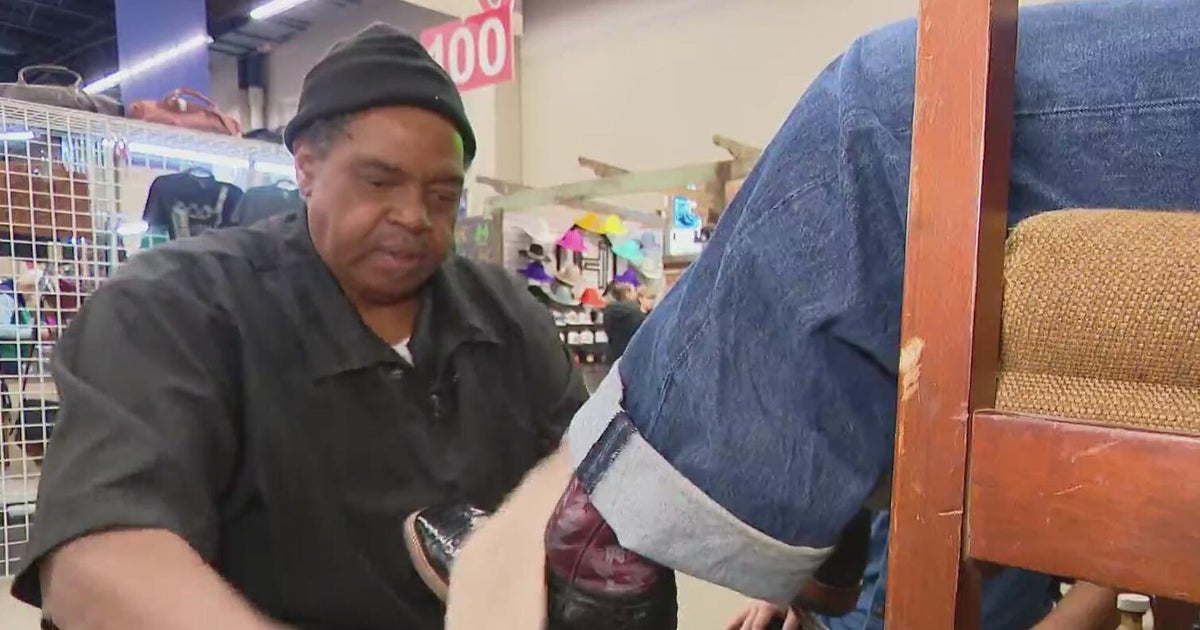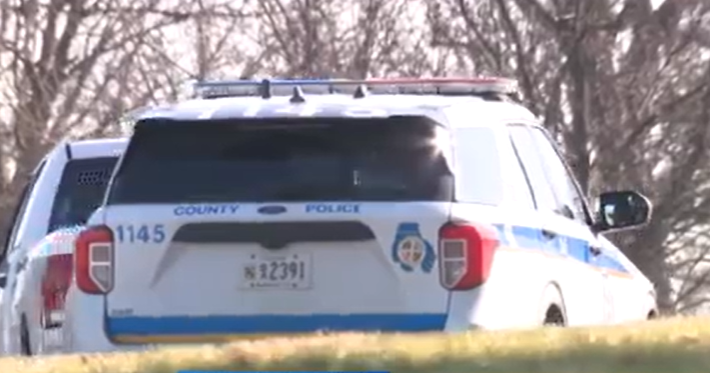Carol Doda documentary showcases pioneering San Francisco burlesque entertainer
One night in 1964 at the Condor Club in San Francisco, cocktail waitress Carol Doda, in an itty-bitty monokini designed by fashion risk-taker Rudi Gernreich, was lowered from the ceiling, dancing on a piano. That costume was a lightning bolt to the nightlife scene. Doda was credited for being the first topless female performer.
While the titillating act led to lines outside the Condor and other North Beach clubs, the touch of naughtiness was greeted with scorn from others, so much so that it led to a 1965 police raid and arrest of some semi-naked performers.
The documentary "Carol Doda Topless at the Condor Club," opening Friday at the Roxie in San Francisco and the Smith Rafael Film Center in San Rafael, includes numerous archival images and peppy interviews with key performers from that period. Bay Area directors Marlo McKenzie and Jonathan Parker bring to vivid life the bustling North Beach scene as well as detail how Doda, the hard-working, no-nonsense Vallejo-born icon, became an international sensation. They also show how she was an enigma and perhaps a contradiction to some: a feminist symbol who used her body to attract business, who resorted to dangerous silicone injections to keep pace with the competition.
The idea for the movie, which premiered in October at the Mill Valley Film Festival, had been marinating in the mind of Parker, a Kentfield filmmaker, producer, musician and composer, for 25 years.
Parker was a budding filmmaker when he first met Doda at her lingerie shop in San Francisco's Marina District. Shortly after, he realized the retired dancer's story (she performed for more than 20 years) held great potential for a film. Doda died in 2015 at 78 from kidney failure after a long stay at St. Luke's Hospital in San Francisco.
"I started researching her story and it just really struck me as (how) these crazy set of random events came together to create her career," said Parker, speaking at his San Rafael film company office.
Parker points to a perfect storm of these happenings: Doda dancing atop a piano that was lowered from a ceiling, the controversial topless bathing suit and the 1964 Republican National Convention at the Cow Palace in Daly City.
"These three events came together in such a weird way," Parker says. After he and Doda talked about making a film about her, he started to tag along on some of her jazz combo performances in the city.
Originally, Parker was going to turn her story into a narrative feature. But, he says, "It just didn't come together and I put it in a drawer."
Decades later, McKenzie opened the drawer and read the files. The San Rafael resident came away with a variety of emotions.
McKenzie said many issues came up: "(It) did sort of explode my mind." She adds, "That realization that if you're having an inner argument about aspects of someone's life (like the breast augmentation) and ... just how someone ends up being the first topless dancer in the nation, you know it's going to be a good story."
The movie revisits what McKenzie calls a "revolutionary moment in American history and the sexual revolution" and how certain women's rights attained at that time are now getting pared back. It also illustrates how Doda went counter to the prevailing cultural winds.
"Carol Doda was someone who had the courage to kind of break through what women were supposed to be at that time and there are still judgments around her profession to this day," says McKenzie.
"Carol Doda Topless at the Condor" metes out juicy morsels, including Doda's trip to the now defunct Cal-Neva Lodge to meet Frank Sinatra; the suspicious 1983 death of bouncer James Ferrozzo atop the Condor piano; and San Francisco nightlife's descent into tawdriness. Yet it also touches briefly on Doda's challenging past, her early marriage and her son and daughter.
Doda, who doled out smart quips during many interviews, might have been using humor for other reasons--masking the pain of her past.
"I did often wonder how much of her wit and intelligence kind of came from her tragic past as a way to protect herself," says McKenzie. "(To) just deal with her past."
Both Parker and McKenzie said among the greatest pleasures of making the movie was being able to showcase San Francisco's rich and vibrant past, perhaps to a generation that knows little about it. And, as Parker says, "to remind people of what San Francisco used to be like."
"It was fun. It was sexy. And San Francisco always had this reputation...It's always been a freewheeling society with a lot of tolerance for a lot of different types of behavior. And I think sexuality has been a big part of the city's history."
To gather first-hand accounts of what it was like at the time, McKenzie found members of Facebook group called San Francisco Remembered. The team also met Benita Mattioli (her husband Pete co-owned the Condor Club), author of "Three Nights at the Condor: A Coal Miner's Son, Carol Doda, and the Topless Revolution."
Among the film's most savory bits are former entertainers reflecting on their acts: Judy Mamou performed with a snake and monkey.
Though they would have liked to, Parker and McKenzie did not include a segment on feminist and sex-worker advocate Margo St. James and some of Doda's movie roles ("Guru You" and the 1972 porn mockumentary "The Rise and Fall of the World as Seen From a Sexual Position"). Parker said that St. James, who started out as a cocktail waitress like Doda, would be an excellent documentary subject.
Could a narrative film be simmering on the backburner?
Parker says, "There's so much material we learned that we could not fit into the movie that what we're planning to do is pitch ... a dramatic series. Hopefully, the documentary does some business, and we get into a position to make it into a series."
"Carol Doda Topless at the Condor Club" opened last week on March 22 at the Smith Rafael Film Center in San Rafael and the Roxie in San Francisco. Parker and McKenzie will appear at the 7:30 p.m. March 29 screening in San Rafael and after the 6:20 p.m. March 30 screening in San Francisco.

